
Alcohol has been consumed by us humans and our ancestors for much longer than previously thought. The biological ability to break down alcohol can be traced as far back as ten million years according to new findings.

Primate Evolution
A research team led by Matthew Carrigan at the Santa Fe College in Gainesville in Florida made a thorough analysis of our distant primate relatives still living on Earth today. And since these primates broke away from our own evolutionary branch several millions of years ago, what biological adaptations that can be seen in these species today, probably also existed back when we were closely related and when the evolutionary branch was still intact.
The team went back as far as 50 million years in search of primates that could break down alcohol. Their investigation led them chronologically closer to the present and down the evolutionary ladder to about 10 million years ago – when the ancestors of humans appear to have developed an enzyme with a much greater ability to break down alcohol than previous biological mechanisms.
The key enzyme called ADH4 is only one of several proteins that enable us to break down alcohol in the liver without incurring any diseases, at least when consumption is somewhat moderate. This enzyme can be seen in many living distant primate relatives such as lemurs and baboons, but they carry a less active variant. It can also be found among chimpanzees and gorillas, who are also able to break down alcohol.
The Fourth Macro Nutrient
It is seldom regarded as such, but alcohol is actually the fourth macronutrient that we humans are able to consume as a source of energy, besides fat, protein, and carbohydrates. The ability to consume fermented fruit and ethanol was probably an evolutionary advantage during times when food was scarce. Later, alcohol proved to be valuable to mitigate the risk of drinking contaminated water or other fluids, since, with alcohol present, bacteria and virus are less prevalent.
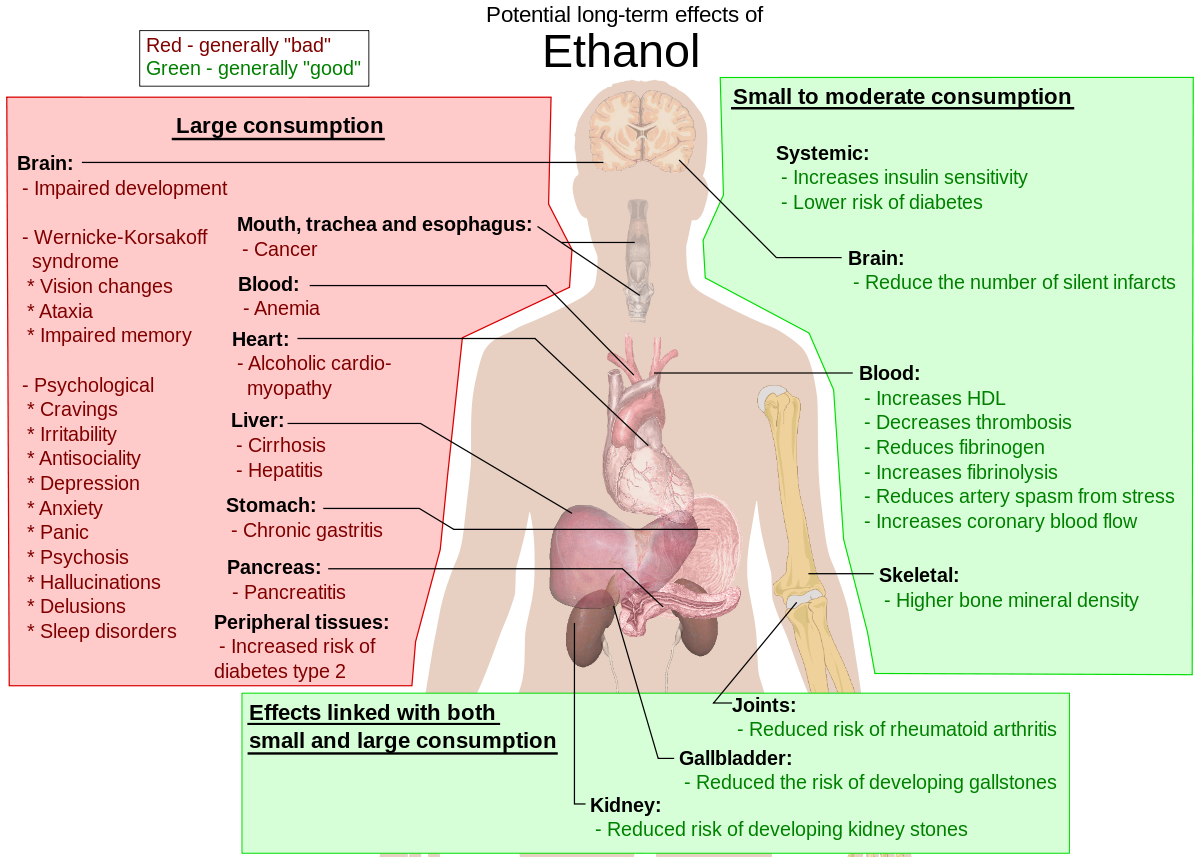
The discovery indicates an ancient human history with alcohol that contradicts previous notion that people have consumed alcohol for a mere 9,000 years. And it also sheds new light on our own relationship to alcohol and its adverse effect on alcohol damage, alcoholism, and addiction.
The study “Hominids Adapted to metabolize ethanol long before human-directed fermentation” has been published in the scientific journal The Proceedings of the National Academy of Sciences of the United States of America.
_______________
Hominids Adapted to metabolize ethanol long before human-directed fermentation
______________________________

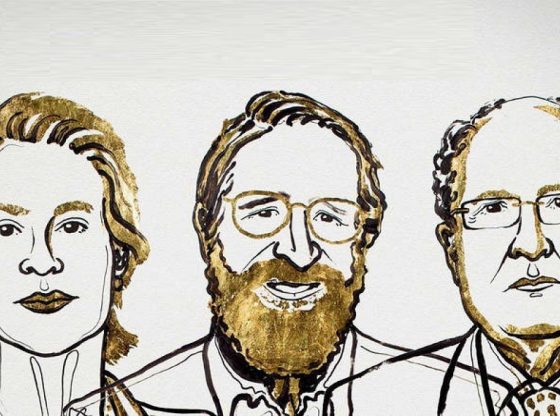

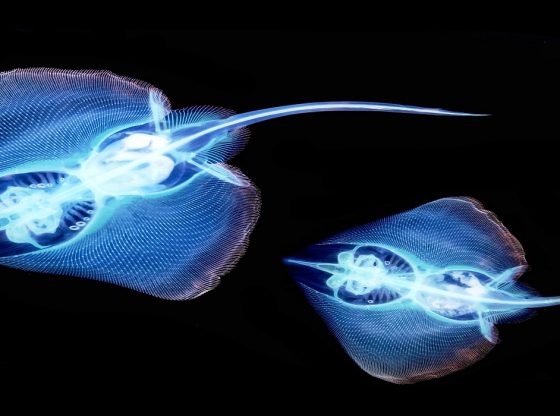


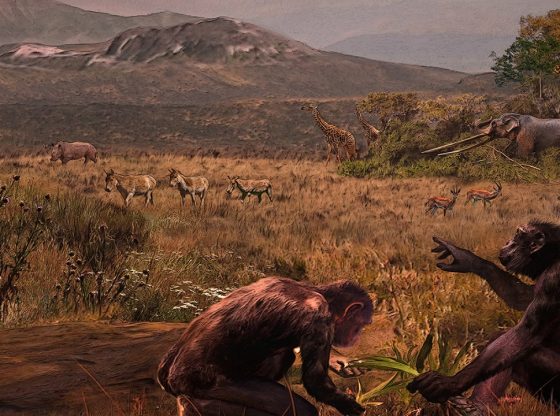

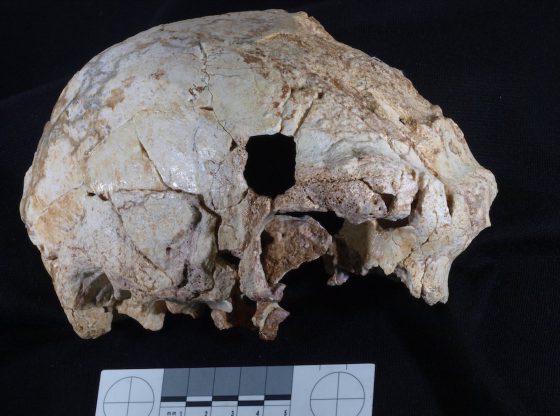
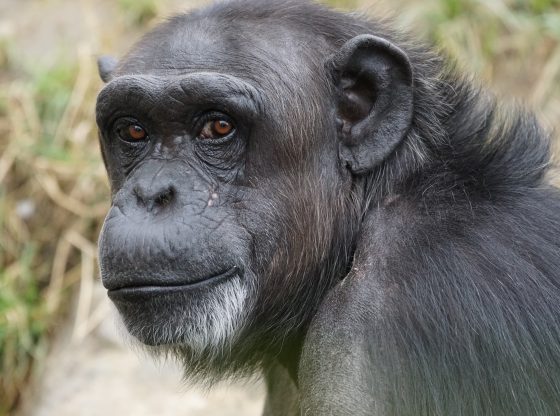

![OpenAI. (2025). ChatGPT [Large language model]. https://chatgpt.com](https://www.illustratedcuriosity.com/files/media/55136/b1b0b614-5b72-486c-901d-ff244549d67a-350x260.webp)
![OpenAI. (2025). ChatGPT [Large language model]. https://chatgpt.com](https://www.illustratedcuriosity.com/files/media/55124/79bc18fa-f616-4951-856f-cc724ad5d497-350x260.webp)
![OpenAI. (2025). ChatGPT [Large language model]. https://chatgpt.com](https://www.illustratedcuriosity.com/files/media/55099/2638a982-b4de-4913-8a1c-1479df352bf3-350x260.webp)








